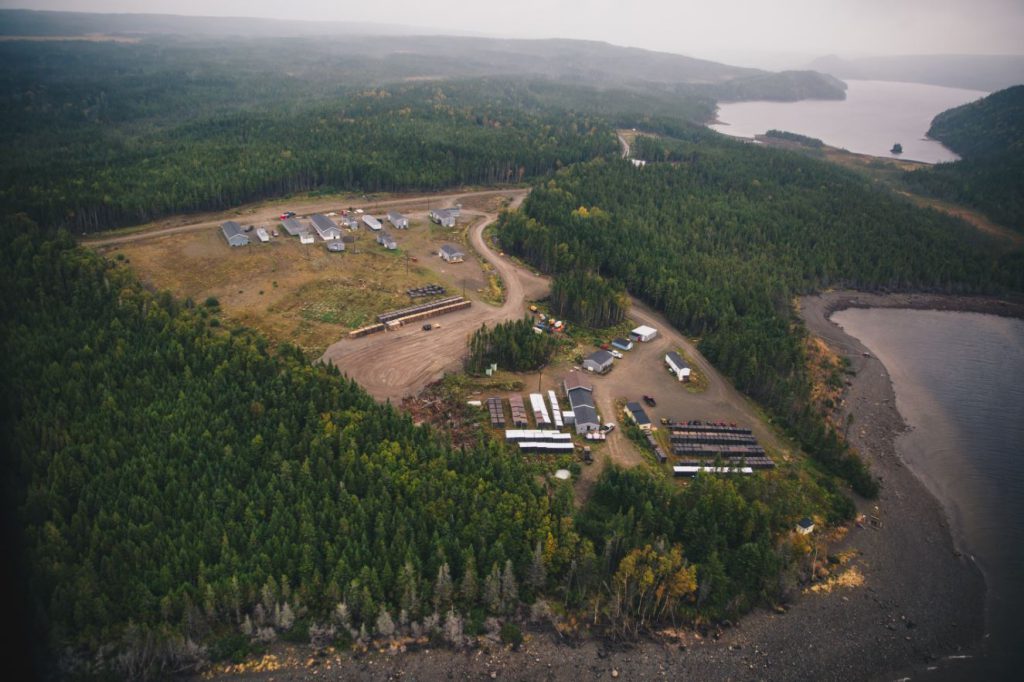I admit I spend more time than I probably should trying to figure out the perfect “productivity system.” I’ve tried almost every app and service available, looking for the one that will be just right for the way my brain works.
The thing is, I’m not sure that’s actually supposed to be the goal. Too often, the pursuit of productivity is one of the biggest reasons people struggle with being productive.
A lot of people (myself included) spend too much time trying to figure out how to be more productive, instead of just, you know, getting things done. That said, the tools you use are important. One of those tools that has become popular over the past year is Notion.
If you’re not familiar with Notion, it’s a service that calls itself an “all-in-one workspace for your notes, tasks, wikis, and databases.” Basically, it’s a tool you can use to organize your thoughts, projects, and information.
For me, that meant something that would give me flexibility in tracking projects. I’m usually working on a handful of articles, interviews, speaking engagements, and podcast episodes — as well as a newsletter. I wanted to not only be able to keep track of what was in progress but also have a way of easily going back to old projects for reference. That meant I needed something with great search capabilities.
Notion seemed to check all the boxes — figuratively speaking — so I spent six months fully invested in it to see if it could help me stay organized and focused on my work. Before we get to the verdict, a little context might be helpful.
First, I’ve long used Trello to organize projects I’m working on. Having a Kanban board to view and move projects through various stages always worked with the way my brain thinks. The problem is, Trello isn’t great at quickly showing you what you need to do next.
Even worse, it’s never been particularly useful at searching and organizing past information. What I wanted was something that could take the best of Trello and combine it with, honestly, a spreadsheet view of everything I’m working on. That way, I could sort and filter and search.
Because Notion is basically just a relational database with the ability to create customized pages to view the information in that database, you easily have both. You can set it up to view your information and projects in multiple ways, depending on what you’re working on.
I think that to really get the most out of Notion, it’s important to understand what it isn’t. I don’t think of Notion as a note-taking app, though you can absolutely use it for that. That said, it’s definitely not the best tool for taking notes.
Look, I write a lot of words every day, and if I had to do it in Notion, I’d probably just quit. It’s just not a great text editor.
It also isn’t great purely as a task management tool. I was able to create a view that shows me just a shortlist of the things I needed to do today, for example, but I found that I almost never used that view, even though it’s often the most important on a day-to-day basis.
Fortunately, I was able to connect Notion with Things, the task manager I’ve long used, using Zapier. Every time I add a new record in Notion (which, for me, represents an article or piece of content or project I’m working on), it adds it to my Things inbox with the due date.
It is, however, great at keeping everything in one place. Honestly, that alone was the biggest benefit to the way I work. The fact that it was very easy for my editorial assistant to dive in and work in Notion was a huge bonus as well.
For example, on a daily basis, I’m looking through stories and news articles on the topics I’m covering. Notion has a browser extension that allows me to clip those, making them available within my workspace.
Then, when I’m working on content, I create a new record with all of the relevant information like the title, topic, deadline, publish date, and research. I can then simply drag the clipped article research onto the project card — which makes it super easy for me to keep everything connected and organized.
My editorial assistant can then add her research, and we are able to leave comments and have conversations on individual cards. There’s even Slack integration that will notify you when new information is added.
I still say that it does take some time to think through how you want to use Notion, and get everything set up, but the company includes plenty of great templates. Once you do that, however, it more than makes up for it with the time you’ll save on an ongoing basis.
The bottom line, for me, is that Notion is flexible enough to build the system that works best for my brain, and doesn’t try to force me into its own preconceived, well, notion. As a result, it has completely changed the way I work by making me more organized and efficient.
Note: This article have been indexed to our site. We do not claim ownership or copyright of any of the content above. To see the article at original source Click Here











